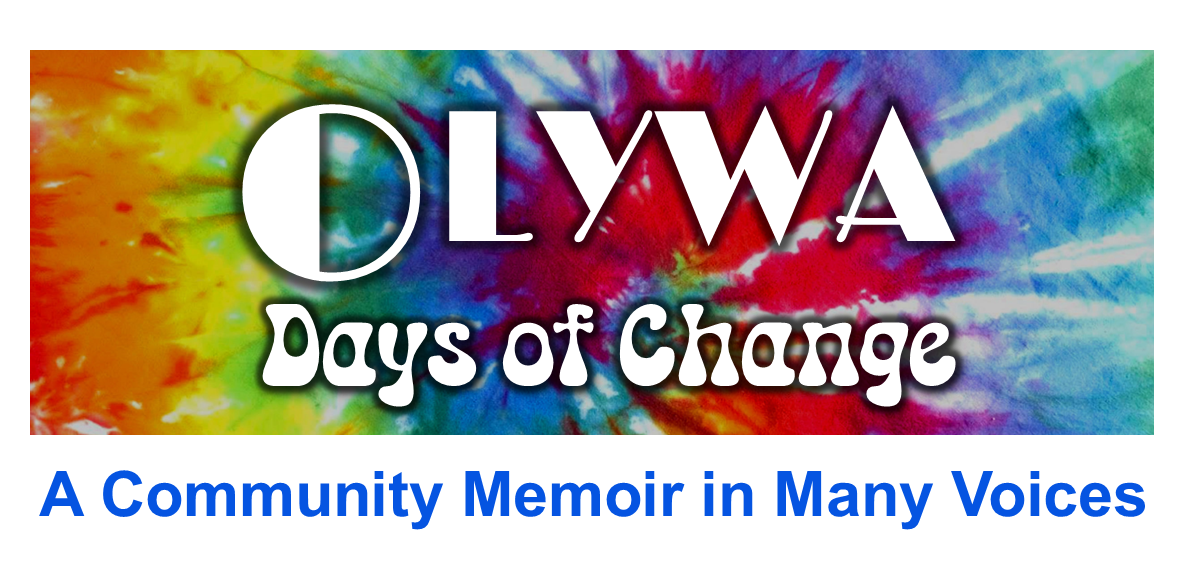Our Experiences at the Evergreen Labor Center – Lee, Shortt-Sanchez, Gilman
We are all longtime Olympia folks and three of many who learned and organized at the Labor Center with Dan Leahy. We did not differentiate between our work at The Evergreen State College Labor Education Center and our working-class roots. We each tell about our involvement with the Labor Center and how it affected our lives. Dan Leahy passed away in 2022.
